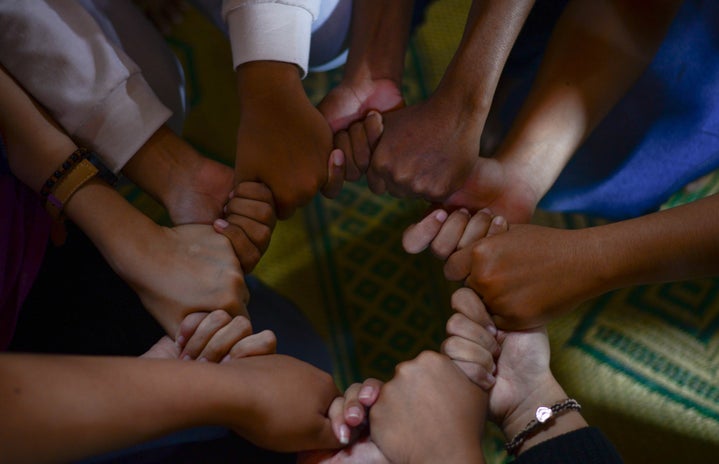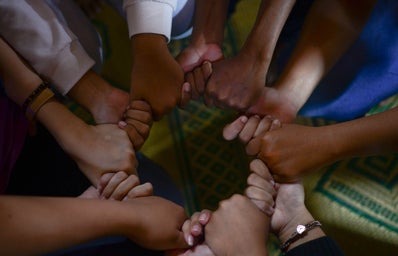America’s culture is becoming more diverse with every generation and with Generation Alpha being the most diverse group yet there is a lot to learn and teach in these new generations.
Kids are being exposed to diversity and need to be trained how to learn about these differences. Diversity training is openly questioned and debated for school children.
While argument-provoking as they may be, children need and deserve to learn about these topics, according to Today.
Children start developing implicit biases as young as 4 months old and are fully formed for the opportunity for prejudice by 4 years old. However, this can be reversed and unlearned if adults start conversations as early as possible. Just like adults start reading and talking to babies even though they can’t read or talk yet, teaching children about complex topics can be done in small children.
Adults assume that teaching children about current events can be delayed, but this harms and inhibits the chance for equity in the future of society.
Children belonging to minorities learn the hard way that they can not be shielded from injustice, according to Edutopia. Whether this be learning about current events or violence done to their group or being discriminated against at school or in the community, some children can not afford to not be told to about these topics.
Some adults believe that teaching children about diversity would be confusing for kids, but children can understand complex topics more than adults give them credit for, according to Forbes. Plus, children become more compassionate in the long run when learning these topics early. Topics about inclusion and diversity can become normalized in these children.
Plus, children become more compassionate in the long run when learning these topics early. Topics about inclusion and diversity can become normalized in these children.
Young children know and desire fairness in their elementary years and using this to start conversations is a good way to lead the way into age-appropriate education about diversity. Students that learn about diversity in school are more engaged than those that do not, according to Medium. Fewer drop-out rates and better grades also follow these children that learn about diversity in their community-led schools.
Children reading and learning more about diversity through the media helps further this normalization. Kids seeing themselves represented positively in media helps validate those children in minorities, according to The Washington Post.
Children know about characteristics that make them different and they are not without forming their own opinions and viewpoints.
The best way to teach children about diversity is to use day to day conversations to lead and facilitate their seeking for truth and fairness.
Teaching children about how to find reliable sources of which to gather their own viewpoints is a step in the direction of a more equitable future.

